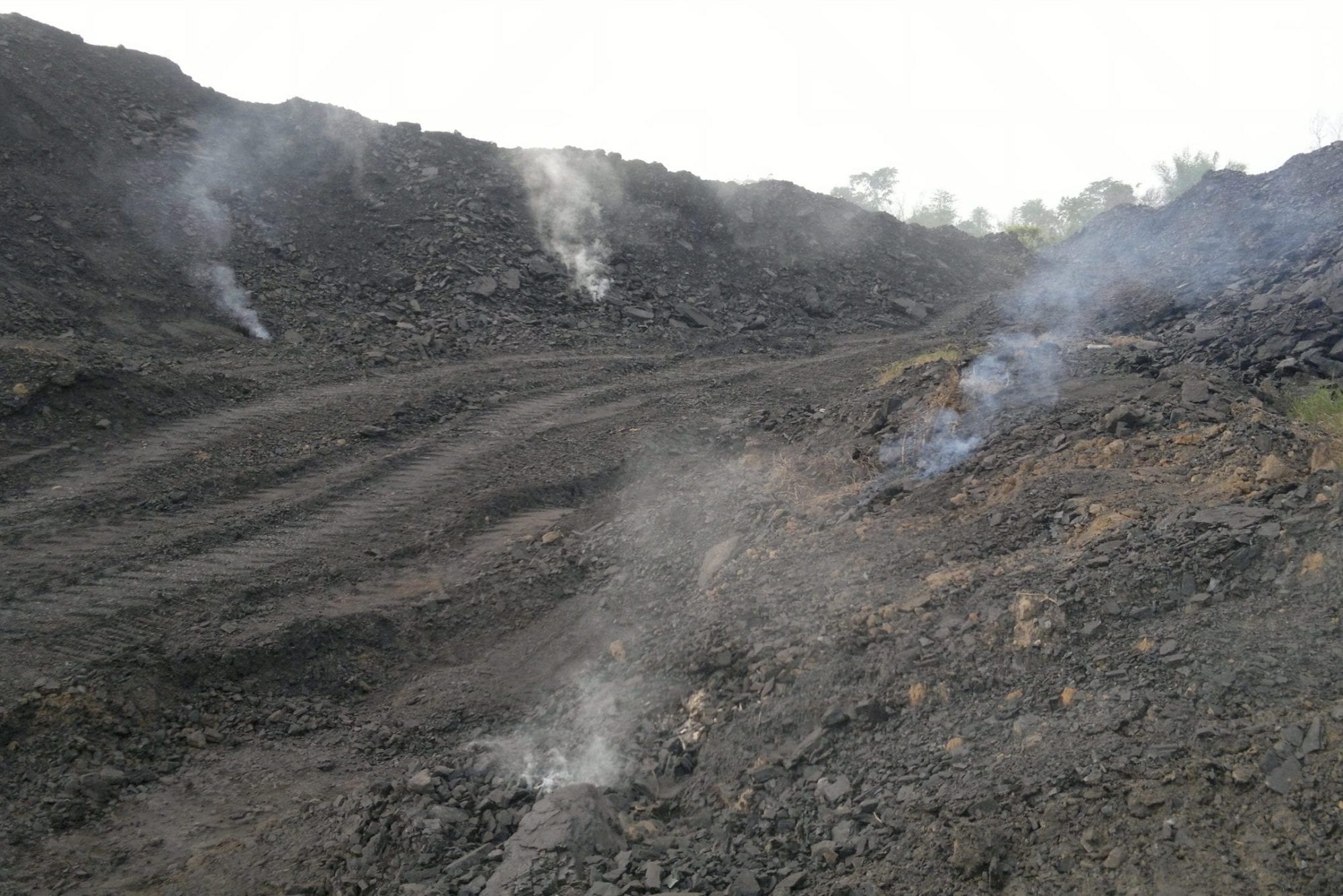(Phnom Penh) – Inclusive Development International has submitted comments to the Asian Infrastructure Investment Bank (AIIB) in response to its public consultation on its draft Environmental and Social Framework.
In October 2014, 21 nations signed a memorandum of understanding to establish the multilateral bank. The deadline for joining the bank was April 2015, by which time 57 countries had signed on as prospective founding members. The bank’s initial capital will be US$100 billion, which will be utilized to finance infrastructure projects across the Asia region. In response to concerns that the bank would not adopt adequate standards, the AIIB’s President-designate Jin Liqun has emphasized that it will be “lean, clean and green”, with strong policies on governance, accountability, procurement and environmental and social frameworks.
In September 2015, the AIIB published on its website a draft “Environmental and Social Framework, “which will form the basis of the AIIB’s safeguards for avoiding and mitigating risks to people and environment for the next three years. The bank provided a very brief consultation period, during which non-governmental organizations were invited to join video conferences and/or submit written comments on the draft document.
Along with many other civil society organizations, IDI has serious reservations about the inadequacy and brevity of the consultation process. Nevertheless, IDI responded to the AIIB’s consultation and submitted brief comments calling for substantial revisions to the draft framework in order to effectively protect against the foreseeable harmful impacts of AIIB’s investments. The main focus of the submission addresses the shortcomings of Environmental and Social Standard 2 on Involuntary Resettlement. It points out particular concerns regarding the narrow scope of ESS2, its lack of operational details, and its inconsistency with international human rights law governing evictions and displacement. IDI’s submission also expresses concerns regarding the use of client systems and financial intermediaries, loopholes and ambiguous language regarding the application of the standards, and the “phased approach” to environmental and social risk appraisal.
IDI’s submission is available here.


